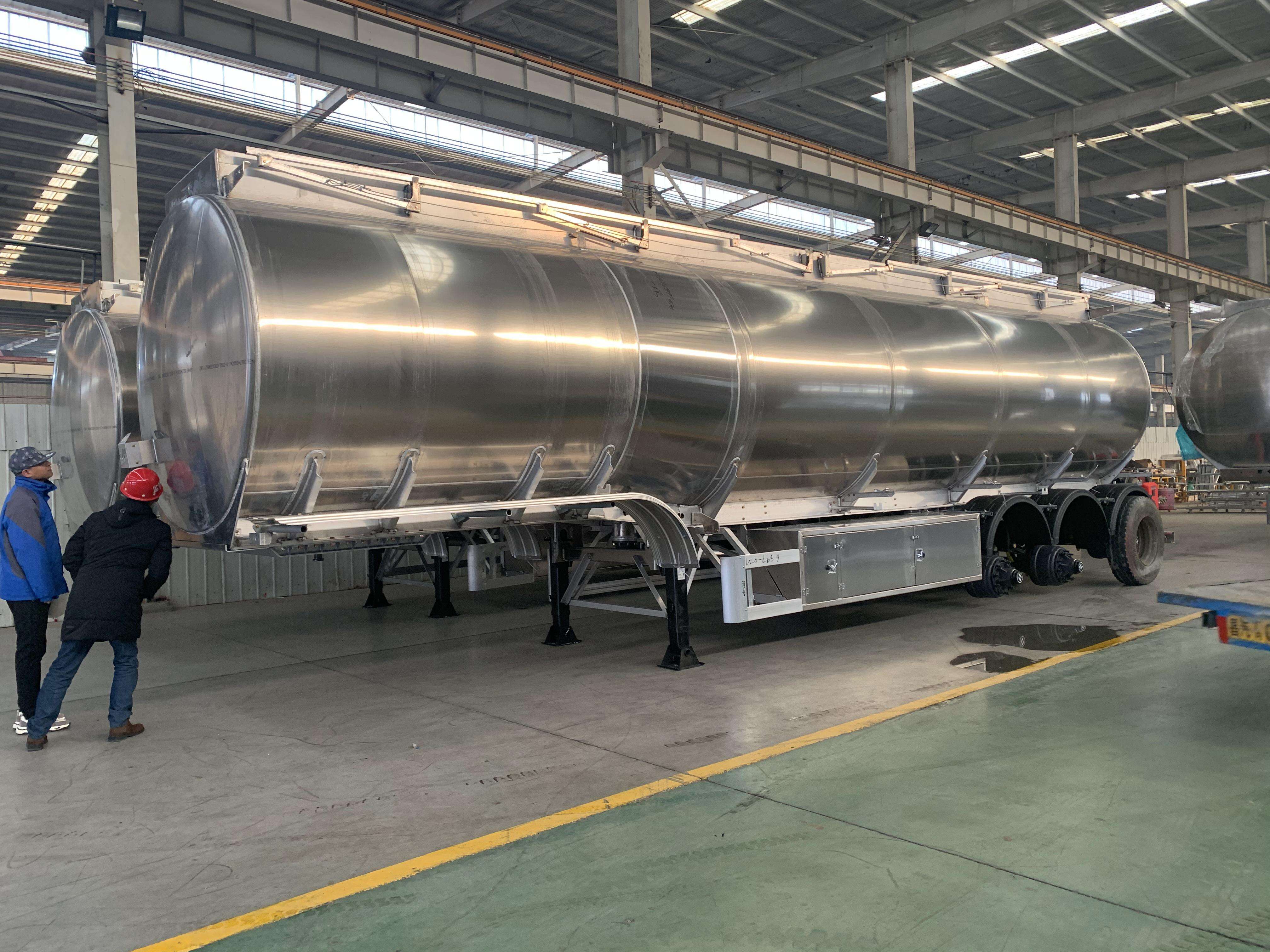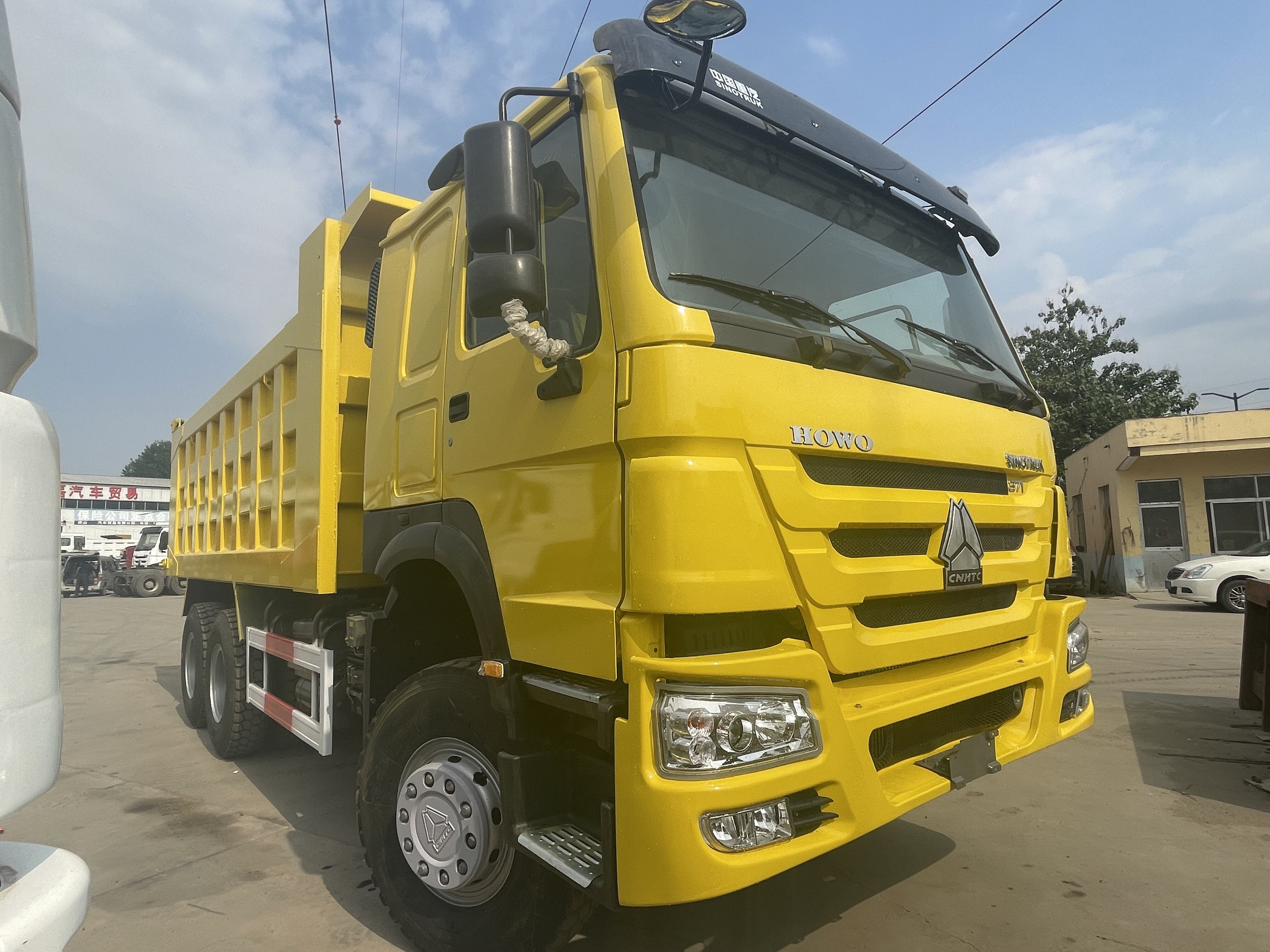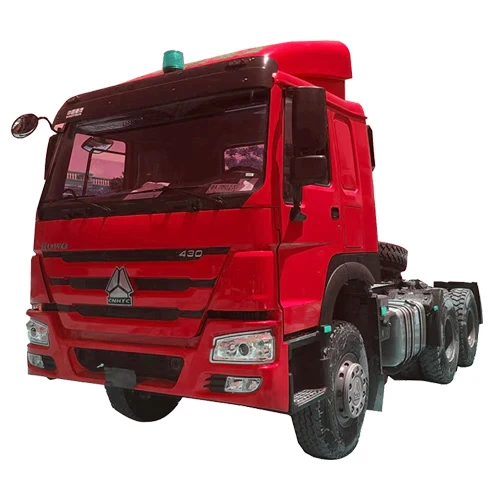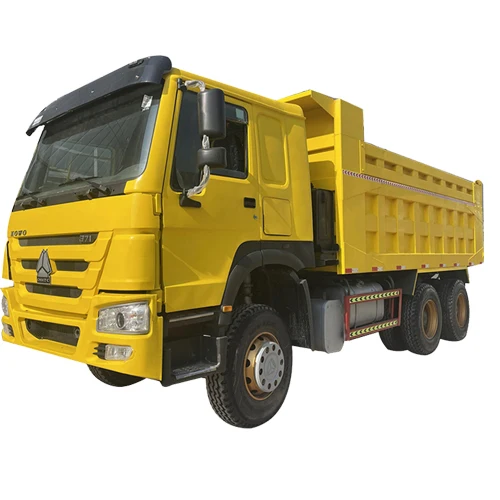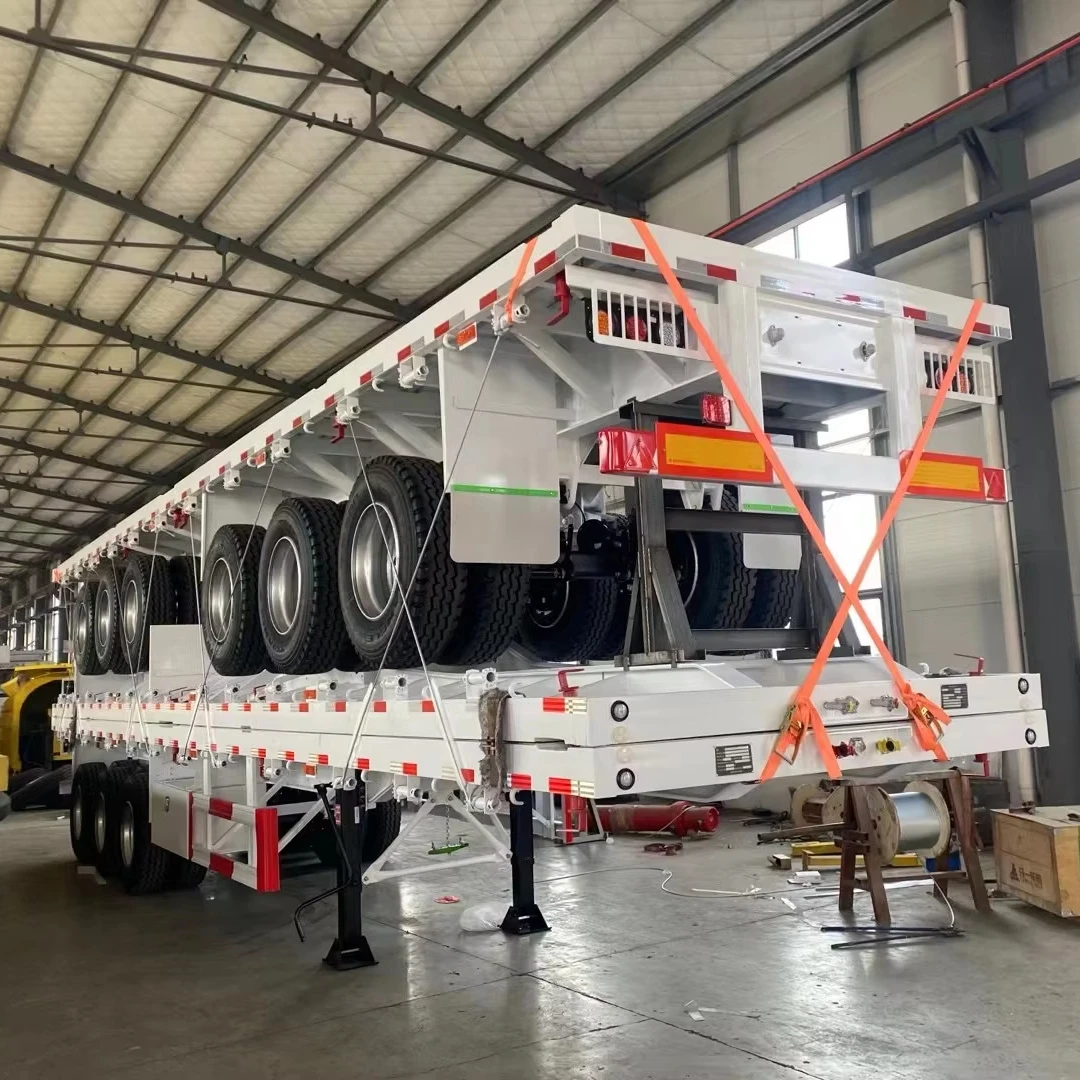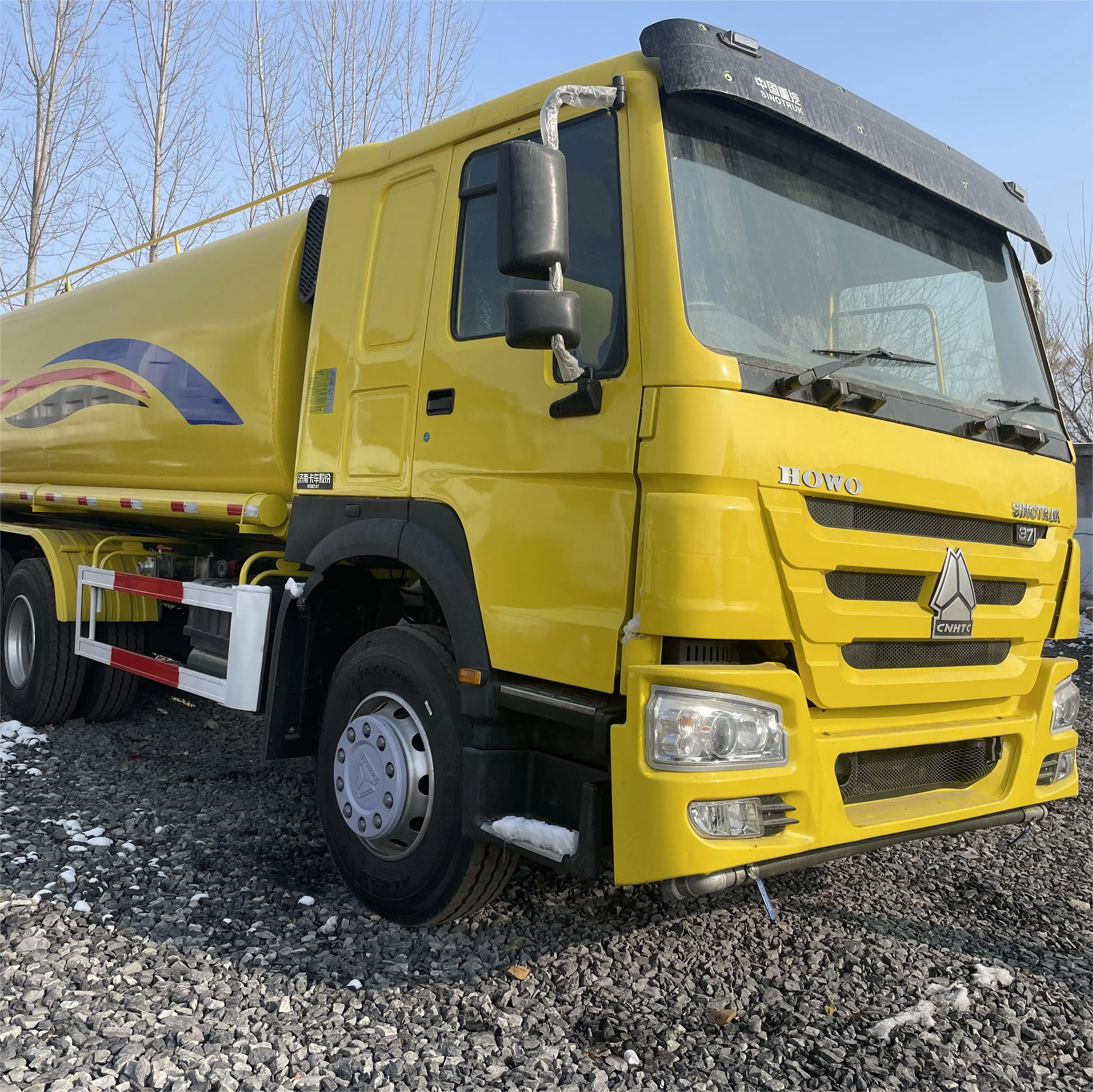Understanding Tanker Trailer Fundamentals
Core Components of Tanker Trailers
Tanker trailers represent special transport vehicles built specifically for moving liquids around safely. They consist basically of four main parts: the tank itself, the chassis that supports everything, axles connecting those parts together, plus all those big wheels we see rolling down highways. Most tanks have that familiar round shape because it helps them handle internal pressure better when moving across roads at speed. Inside these tanks there are actually little walls called baffles which stop liquids from bouncing around too much inside during transit - something every driver appreciates after seeing what happens without them! For getting stuff loaded and unloaded efficiently, manufacturers install various valves and nozzles depending on what kind of cargo will be carried. When building these trailers, material selection matters a lot. Many companies go with aluminum since it doesn't weigh nearly as much as other options and won't rust easily over time. But if someone needs to haul chemicals or hazardous substances, they usually opt for stainless steel instead because nothing beats its strength and resistance against harsh conditions.
Understanding these components and their functions is essential for ensuring that tanker trailers operate efficiently and safely across various transportation scenarios.
Liquid Transport Requirements by Industry
The way liquids get moved around really depends on what industry we're talking about, and this shapes how tanker trailers are built from the ground up. Take food and drinks companies for example they usually want those special insulated tanks so they can keep things at just the right temperature without risking spoilage. On the flip side, chemicals folks tend to worry more about their stuff eating through regular steel, so they go for tanks made with materials that won't break down over time. Regulations definitely play a big role here too, which means no one size fits all approach works. Tankers need to pass all sorts of tests before hitting the road, covering everything from keeping products safe to preventing accidents. For perishables, insulation isn't just nice to have it's essential. But when moving dangerous chemicals, extra precautions become mandatory, including those pressure release valves and secondary containment systems that stop spills in case something goes wrong during transit.
By understanding the unique needs of each industry, manufacturers can tailor tanker trailers to enhance the efficiency and safety of deliveries.
For anyone interested in exploring available options for these specialized needs, searching for "used trucks for sale" or "trailers for sale" can be beneficial in finding appropriate vehicles. These resources can help find suitable tanker trailer models that comply with industry-specific standards and requirements.
Customization Options for Liquid Transport
Tank Construction and Material Variations
What kind of materials go into building tanker trailers makes all the difference when it comes to customizing them for different jobs. Stainless steel and aluminum are popular choices because they cut down on weight while standing up to rust and corrosion, which matters a lot when transporting fuels or chemicals across long distances. The material picked affects how well the trailer performs day to day, whether it meets those tough industry regulations, and just how long it will last before needing replacement. We're seeing some interesting developments lately with composite materials too. These new options promise better durability without making the trailer heavier, something that trucking companies love since lighter vehicles generally consume less fuel and can carry more cargo at once.
Specialized Linings and Coatings
When it comes to customizing tanker trailers, proper linings and coatings inside tanks play a big role in safely moving liquids around. The main purpose here is stopping unwanted chemical interactions between whatever's being transported and the metal surfaces. Take corrosive substances for example. Without the right lining material, these aggressive chemicals can eat away at the tank walls over time. That's why many companies invest in specialized linings that actually match the chemical properties of what they're hauling. Getting the coating right matters too. Good quality coatings stand up better against rust and general wear and tear. This means longer lasting equipment and fewer headaches down the road about product contamination during transport.
Pressure Control Systems
Pressure control systems on tanker trailers really matter when moving liquids through different weather conditions. Without them, there's serious risk of over pressurization inside the tank, something that could lead to dangerous situations while the trailer is on the road. The good news is these systems handle vapor release properly too, so nothing leaks out to contaminate either the product being transported or whatever area happens to be nearby. Putting modern monitoring tech into these setups makes everything even safer and more efficient. Drivers get instant information from sensors, letting them spot potential problems before they become actual emergencies on long hauls.
Multi-Compartment Configurations
Tanker trailers with multiple compartments offer a smart way to move different kinds of liquids all at once without mixing them up. For companies that need to deliver several products to various locations, this setup means fewer trips and better route planning, which cuts down on fuel costs and delivery times. Building these specialized tanks isn't just about dividing space though. Engineers have to figure out how to keep incompatible substances separated while making sure nothing leaks or gets contaminated during transit. Many food grade haulers actually rely on this compartmentalization to transport everything from vegetable oil to dairy products safely. Businesses that handle a wide range of liquid goods find these configurations absolutely essential for their operations.
Safety and Compliance Considerations
DOT Regulations for Hazardous Materials
Sticking to Department of Transportation rules matters a lot when moving dangerous goods around, keeping roads safe and sidestepping fines that could really hurt operations. Drivers need to know all about the paperwork involved, proper labels for containers, and what kind of trucks work best for each type of hazardous material being transported. Following these rules makes sense for everyone's safety, plus helps people outside the industry feel better about how we handle risky cargo. The DOT standards aren't just bureaucratic hurdles either they actually help companies avoid accidents down the road while building trust among customers who want assurance their shipments won't end up causing problems somewhere along the way.
Environmental Protection Features
Tanker trailers need better environmental protection built into them if we want to cut down on spills and leaks that damage our ecosystems. Things like double wall tanks for containment and proper venting setups work well against accidental releases. Companies designing these trucks have to keep track of all those EPA rules and state requirements when making modifications. Truck manufacturers who include these safety features from day one not only protect sensitive areas but also show they care about doing business responsibly. Look at what happened in Texas last year with that diesel leak near a river system it could have been prevented with just basic secondary containment.
Maintenance Requirements
Keeping tanker trailers safe and compliant requires regular maintenance work focused on inspections and service checks. When companies stick to a good preventive maintenance plan, small problems get caught early before turning into big breakdowns that could shut down entire operations. Looking at the bigger picture when making long term investments shows that maintenance isn't just another line item on the books it's actually essential for running things smoothly day after day. Routine service keeps these heavy duty vehicles rolling longer while meeting all those regulatory requirements about weight limits, brake performance, and tank integrity. At the end of the day, properly maintained trailers simply perform better on the road and reduce the risk factors associated with transporting hazardous materials across state lines.
By prioritizing these safety and compliance considerations, businesses can optimize their liquid transport operations, enhance safety, and effectively manage risks.
Sourcing Tanker Trailers
Evaluating Trailer Dealers and Suppliers
Finding the right dealer or supplier for tanker trailers matters a lot, and requires looking closely at things like their reputation, what services they offer, and what people are saying about them online. Dealers who have been around for years and get good reviews from customers tend to deliver better quality equipment and actually care about helping clients when problems arise. Working with someone who knows the business inside out gives access to real world advice on which models work best for different situations, so the trailers can handle whatever challenges come up in daily operations. When checking out possible suppliers, don't forget to ask questions about warranty coverage, available financing plans, and how much support they'll provide after the sale goes through these factors make all the difference between a smooth transaction and one filled with headaches down the road.
New vs. Used Trailers Comparison
Choosing between brand new and secondhand tanker trailers requires some serious consideration. Most folks focus on three main factors when making this choice: price tag, warranty options, and what features actually matter for their operations. The newest models definitely have their perks. They're packed with all the latest tech improvements and meet every regulation currently in place. Plus, most come with solid warranties that give owners a good feeling about long term reliability. But let's talk about those pre-owned units too. Sure, they save money upfront, but there's always that risk factor lurking behind the scenes. That's why anyone looking at used equipment needs to do their homework. A proper inspection isn't just recommended it's absolutely essential. Look closely at things like structural integrity, wear patterns on components, and check for any signs of previous damage repair work. Missing these details can lead to expensive fixes down the road or worse yet, unexpected breakdowns during crucial transport jobs.
Key Selection Criteria
Choosing the correct tanker trailer requires looking at multiple important aspects like how much weight it can carry, what materials are needed for construction, and where exactly it'll be used on the road. Businesses need to really think through these points so their trailers actually work well for whatever jobs they have lined up. Checking out suppliers matters too. Look at how reliable they are when delivering equipment, how responsive their customer service team is, and whether they offer good ongoing support after sale. Maintenance expenses, insurance rates, and keeping up with all those regulations shouldn't be forgotten either since these costs pile up over time and affect the bottom line. When companies take all this stuff into account together rather than just picking based on price alone, they end up making smarter choices that fit both their day-to-day operations and financial plans without breaking the bank.

